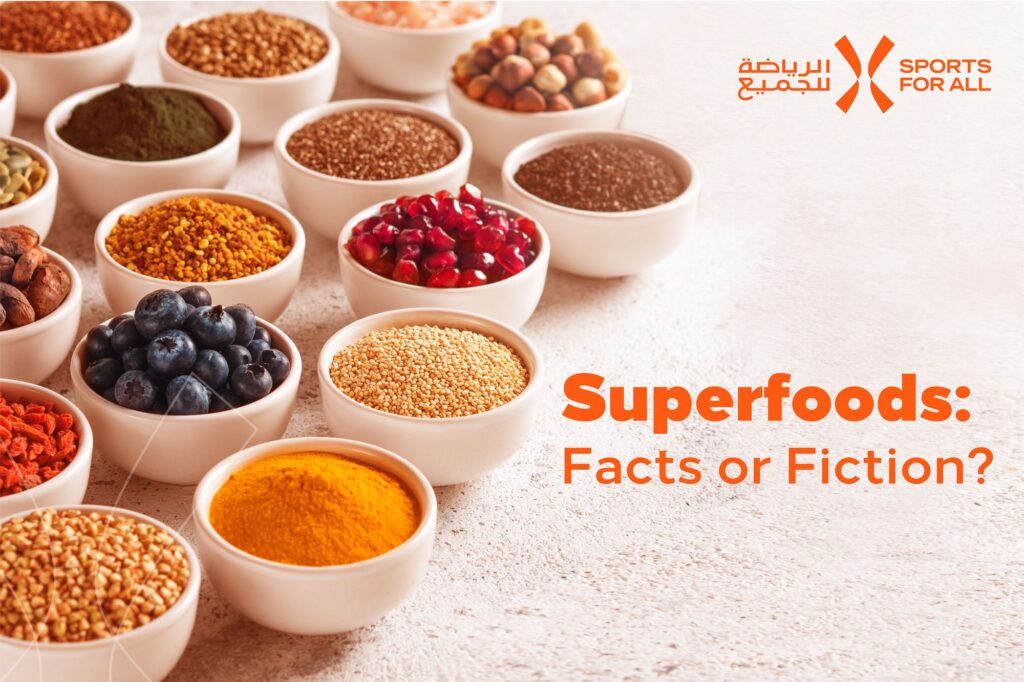
Superfoods have been a popular topic of discussion in recent years, with many people claiming that certain foods possess magical properties that can help prevent disease, improve health, and even reverse aging. But with so much hype surrounding these so-called superfoods, it can be difficult to separate fact from fiction.
The truth is, there is no scientific definition of what constitutes a superfood. The term is often used to describe foods that are particularly nutrient-dense and thought to have health benefits beyond their basic nutritional value. Some commonly touted superfoods include kale, blueberries, acai berries, quinoa, and chia seeds.
While these foods certainly do contain a wide range of vitamins, minerals, and other beneficial nutrients, the idea that they are somehow superior to other foods is largely a myth. In fact, many foods that are not typically labeled as superfoods are just as nutrient-dense and beneficial to health.
For example, while blueberries are often touted as a superfood because of their high antioxidant content, other fruits such as strawberries, raspberries, and blackberries also contain high levels of antioxidants. Similarly, while quinoa is often praised for its high protein content, there are many other plant-based sources of protein that are just as nutritious.
That’s not to say that superfoods aren’t good for you – they certainly are. But the idea that you need to consume large amounts of these foods in order to be healthy is simply not true. A balanced diet that includes a variety of fruits, vegetables, whole grains, and lean proteins is the key to good health.
It’s also important to note that many of the claims surrounding superfoods are not supported by scientific evidence. For example, while some studies have suggested that certain compounds in blueberries may help prevent cancer or improve cognitive function, the evidence is far from conclusive.
So what should you do if you’re interested in incorporating superfoods into your diet? First, remember that there is no one-size-fits-all approach to nutrition – what works for one person may not work for another. Second, focus on eating a variety of nutrient-dense foods rather than just a handful of so-called superfoods.
Ultimately, the key to good health is a balanced diet that includes a variety of whole foods, as well as regular physical activity, stress management, and adequate sleep. While superfoods may be beneficial in moderation, they are not a magic solution to all of your health problems. So enjoy them as part of a healthy, balanced diet – but don’t expect them to work miracles.

